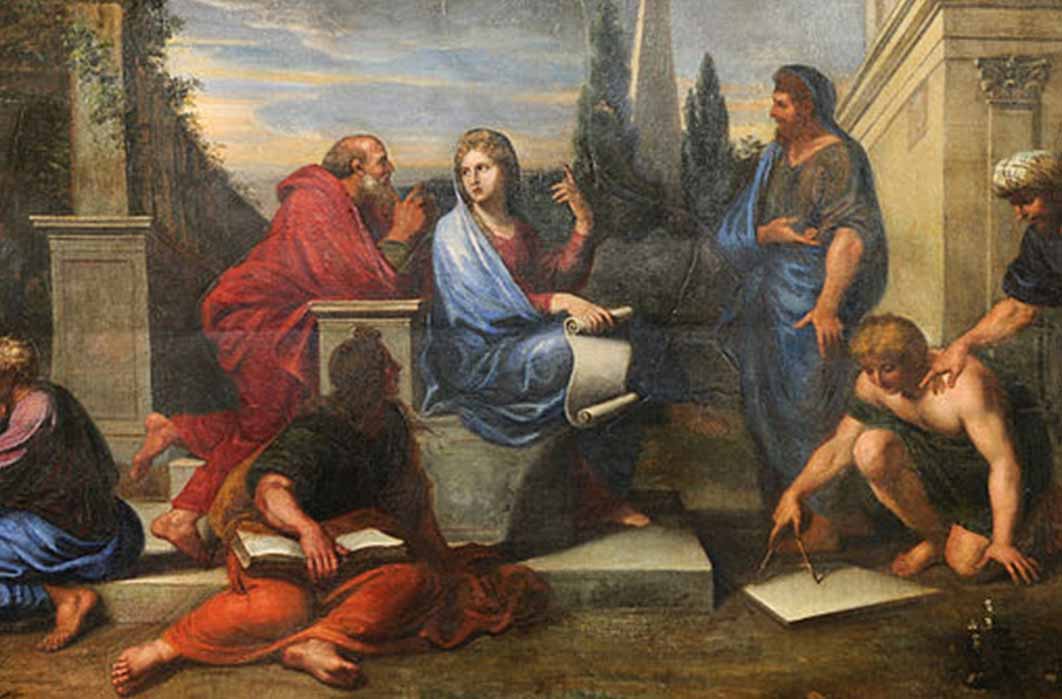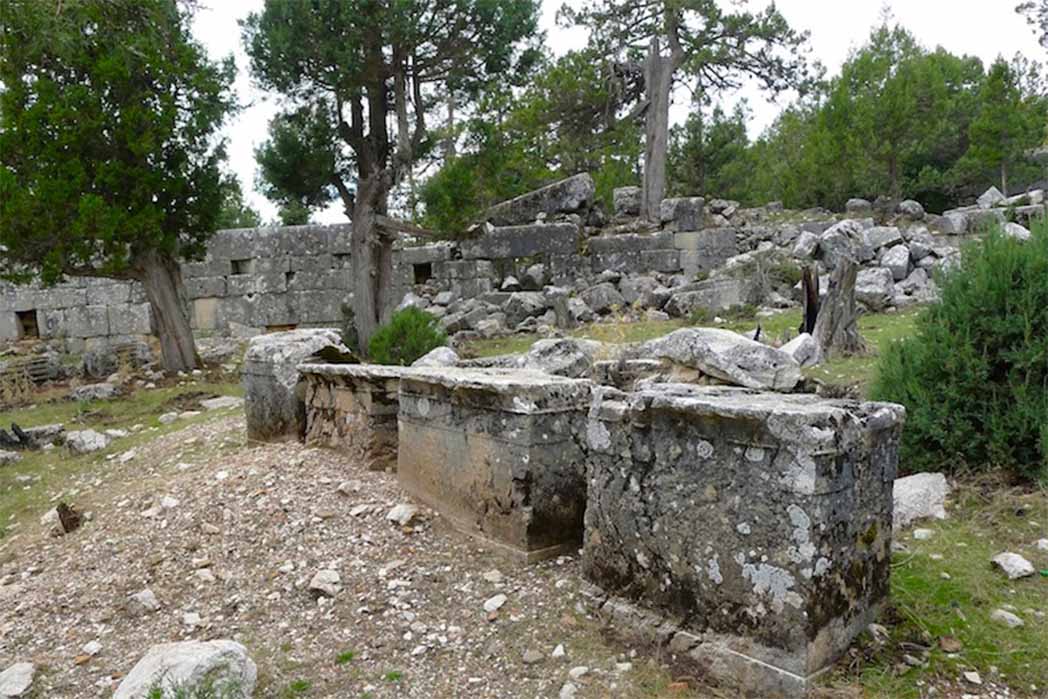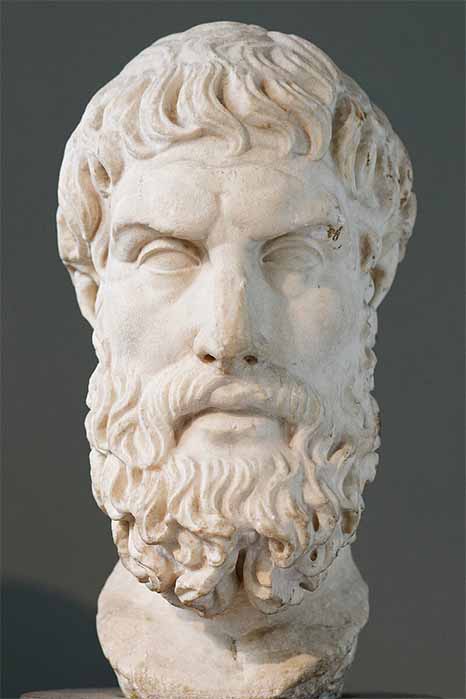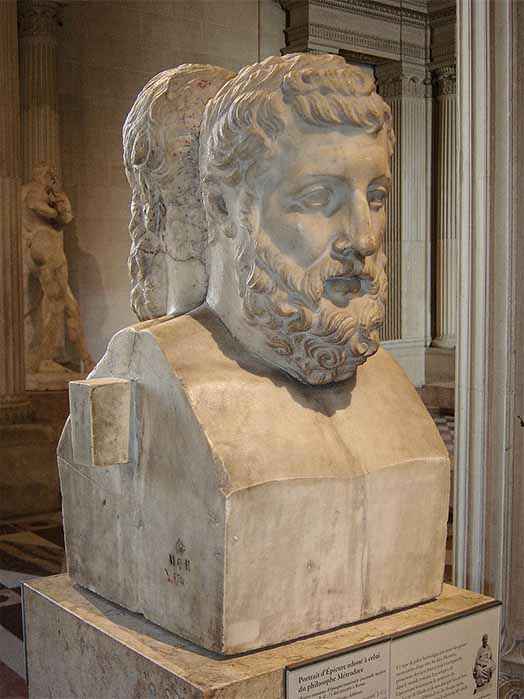
Elusive Epicurus, Hellenistic Greek Philosopher In Search Of Happiness
Epicurus was a fourth-third century BC Hellenistic philosopher who established his school, called The Garden, in Athens, where even women and slaves were welcomed. Epicureanism opposed Platonism and its purpose was to attain as well as to help others attain happy (eudaimonic), tranquil lives characterized by ataraxia (peace and freedom from fear) and aponia (the absence of pain). He advocated that people were best able to pursue philosophy by living a self-sufficient life surrounded by friends.

Diogenes of Oenoanda was an Epicurean Greek from the second century AD who carved a summary of the philosophy of Epicurus onto a portico wall in the ancient Greek city of Oenoanda in Lycia (Ansgar Bovet /CC BY-SA 3.0)
If little remains of Epicurus’ philosophy still less remains of Epicurus the man. Since philosophy is always autobiographical, perhaps his sayings can provide a glimpse into his mind. Epicurus said that the gods do not need offerings because what a person does not lack, he does not want. What then is one to think of a man who spent his whole life in search of the correct way to find happiness? Is the whole of Epicurean philosophy tinged with melancholy? Such questions are important if for no other reason than to serve as a reminder that philosophy is not the purely objective art it might sometimes like to paint itself as.

Bust of Epicurus, founder of the Epicurean school. Roman copy after a lost Hellenistic original (Public Domain)
Epicurus Busted
Peering at a bust of Epicurus housed in the cold halls of a museum, does not bring one closer to the man. The busts which survive today are mostly copies of copies of copies. The original bust of Epicurus is long lost, and it is not even certain if it was made in Epicurus’ own lifetime. That all the busts of Epicurus belong to a single type might suggest that the Epicureans who survived Epicurus wanted to ensure that only the authorized image of their leader would stand the test of time. Why would the Epicureans want to show their master as stern-faced and sober? Possibly because he was so. Possibly because they wanted to project that image as a counterblast to those who decried him as a wine-sodden hedonist.

Hermes-type bust of Metrodorus of Lampsacus leaned with his back against Epicurus. (Second century) Rome. (CC BY-SA 2.5)
A bust and some gems are not the only images of Epicurus that survived. Busts were the economic version of statues but the affluent could afford a full-length sculpture of the philosopher. There is no complete version of a statue of Epicurus, yet there is good reason to speculate what it looked like. In the Farnese Collection of antiquities there is a Roman copy of a statue that shows Epicurus’ close friend Metrodorus. He sits on a chair with legs carved like lion paws and the arms are topped with lion heads. Metrodorus leans back, dressed in a loose garment, his chest exposed, his sandaled feet relaxed before him and in his hands, he holds scrolls.




